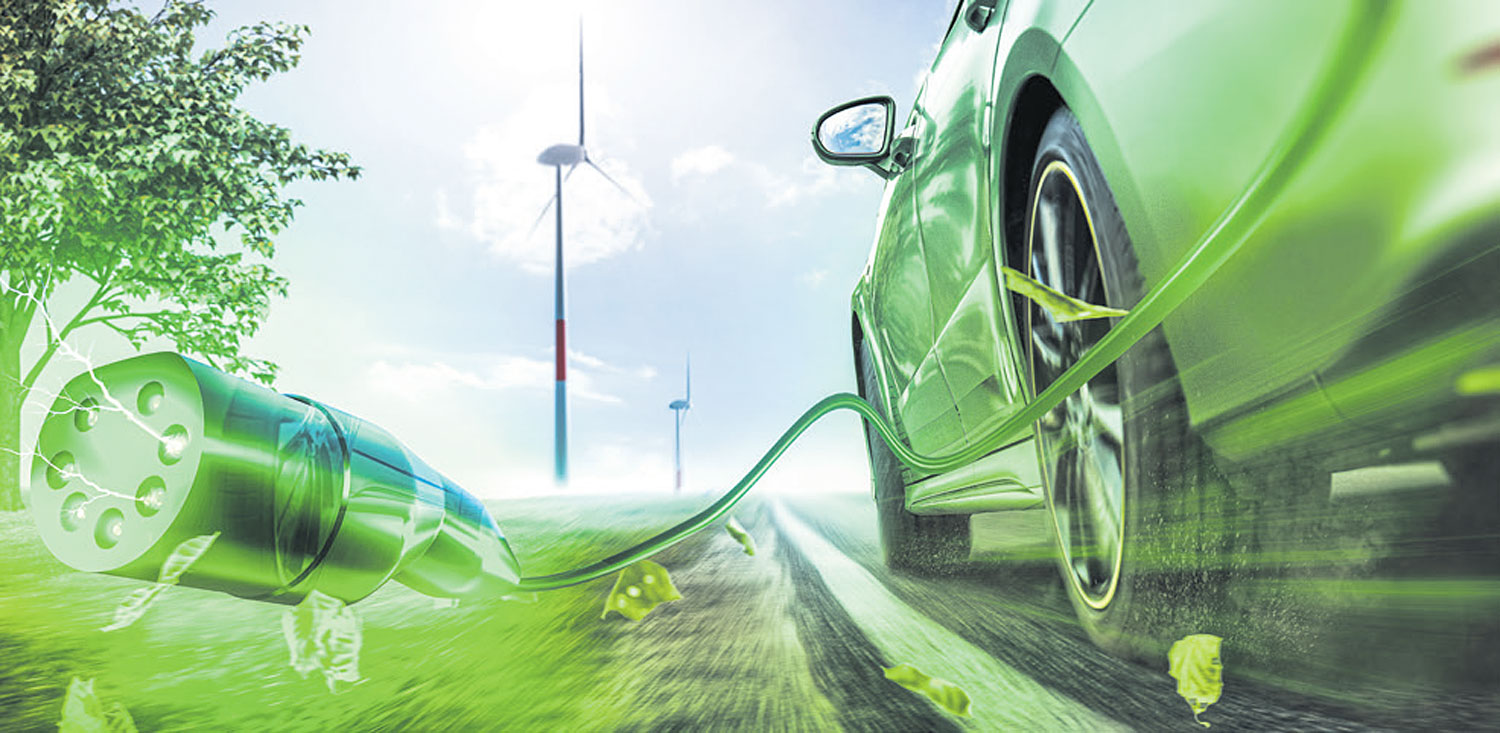Southeast Asia’s Shift Toward Clean Mobility
Electric Vehicles Gain Ground in Thailand
The push for sustainability is sparking a transportation revolution in Southeast Asia, with electric vehicles (EVs) leading the charge. In Thailand, the region’s most developed EV market, adoption is accelerating as consumers grow more eco-conscious and governments prioritize green solutions. EVs are poised to cut carbon emissions, improve air quality, and ease urban congestion, marking a significant step toward a cleaner future in 2025.
Impressive Growth in Thailand’s EV Market
Government Targets 40 Percent EV Uptake by 2025
Thailand is spearheading the region’s EV movement, with penetration rising from 9 percent in 2023 to 13 percent in 2024, according to Martin Knoss, Regional President of Bosch Power Solutions ASEAN. The Thai government is fueling this momentum with a bold goal of a 40 percent increase in EV adoption by the end of 2025. Supported by incentives like subsidies and tax breaks, Thailand is cementing its role as a leader in sustainable mobility.
Challenges Slowing EV Adoption
High Costs and Range Anxiety Persist
Despite the progress, barriers remain for widespread EV acceptance. High purchase prices, limited charging stations, battery performance worries, and uncertainty about resale value are holding back potential buyers. Bosch emphasizes the need for better infrastructure and public education to overcome these hurdles, ensuring Thailand’s EV revolution doesn’t lose momentum in 2025.
Tackling Range Anxiety with Smart Tech
Advanced Software Boosts Driver Confidence
Range anxiety—the fear of running out of battery mid-journey—is a major concern, especially in a country where rural travel is common. Martin Knoss highlights how modern EV technology is addressing this. Advanced software now offers precise range predictions and locates charging stations en route, easing worries. Bosch’s innovations, like silicon carbide inverters, also extend driving range and improve energy efficiency, making EVs more reliable for Thai drivers.
Building Trust in the Used EV Market
Battery Certification Enhances Resale Value
Concerns about battery longevity and resale value often deter buyers, but Bosch is stepping in with solutions. Their battery certification service lets buyers evaluate the health of a used EV’s battery, offering transparency and boosting confidence. By supporting the second-hand market, Bosch is making EVs a practical choice for a wider audience, from early adopters to budget-conscious consumers in 2025.
Debunking Common EV Myths
EVs Prove Safe and Cost-Effective
Misconceptions about EVs persist, slowing their adoption. Many fear EVs are unsafe in floods, but Martin Knoss clarifies that modern EVs are built with insulated battery packs and fail-safe systems to handle harsh weather. On cost, EVs are becoming more affordable as production scales up, and their lower running and maintenance costs make them a smart long-term investment for Thai drivers.
A Brighter Greener Future Awaits
EVs to Slash Carbon Emissions by 2030
Thailand’s EV journey is paving the way for a sustainable future. Bosch predicts that by 2030, new energy vehicles, including EVs, will emit 40 percent less carbon dioxide than traditional cars, delivering major environmental gains. With more models hitting the market and infrastructure improving, Thai consumers in 2025 have greater access to EVs that fit every lifestyle, from compact cars to luxury options.
Bosch’s Vision for Thailand’s EV Revolution
Technology Drives Sustainable Mobility Forward
Bosch remains committed to making electrified mobility efficient, reliable, and accessible across Thailand. “We believe in technology’s power to transform,” says Martin Knoss, emphasizing Bosch’s role in supporting the country’s green ambitions. As Thailand accelerates toward cleaner transportation in 2025, EVs are not just a trend—they’re a vital part of a smarter, more sustainable future on the road.









